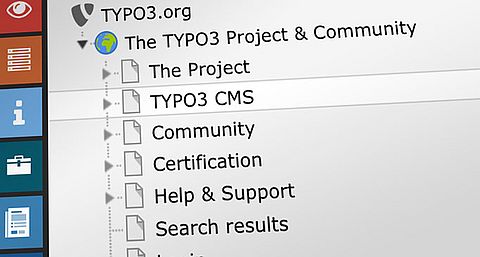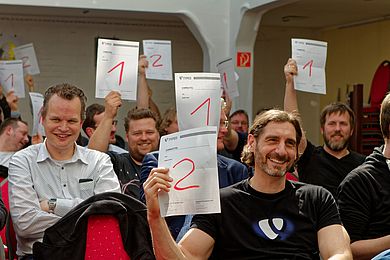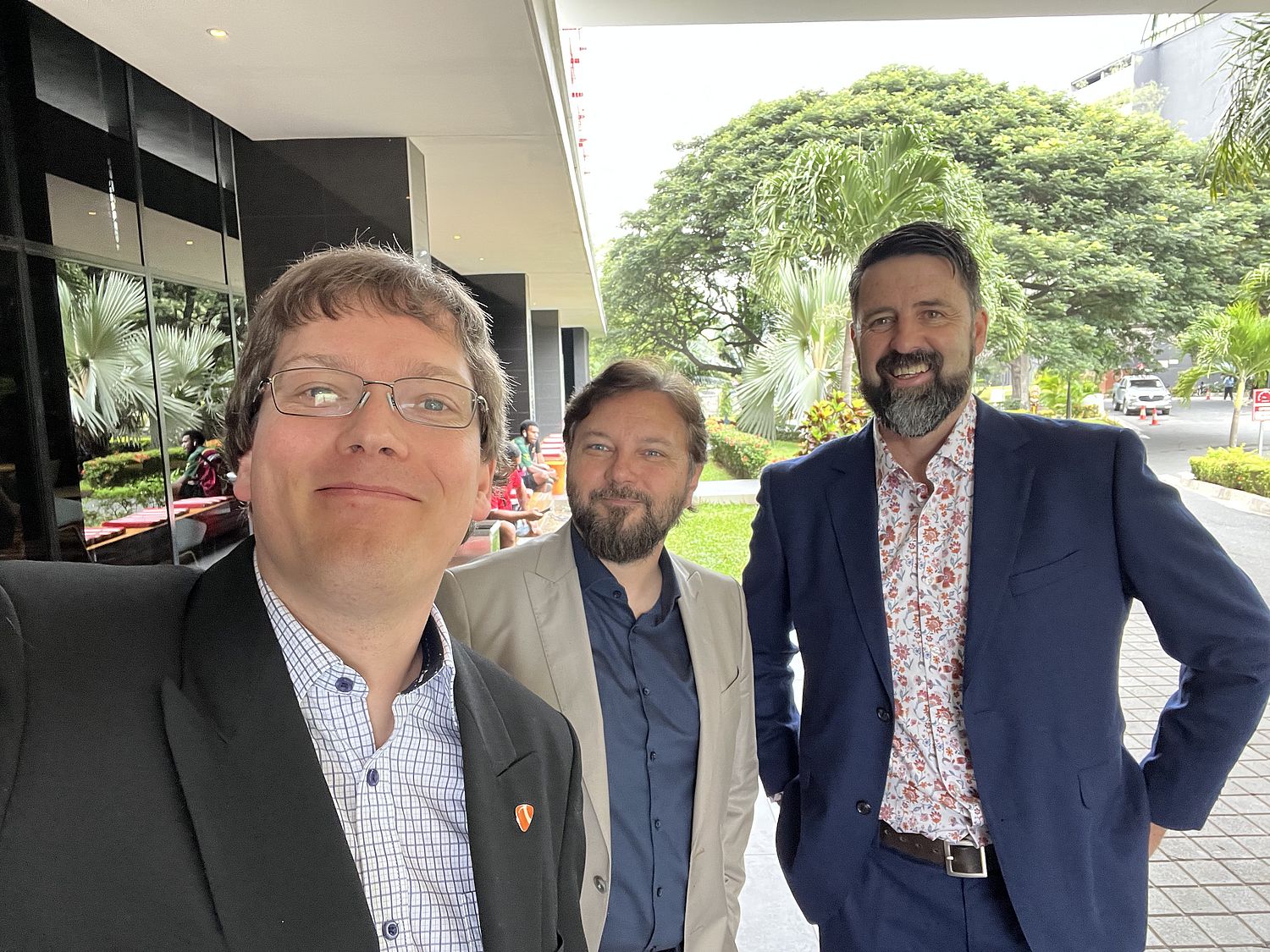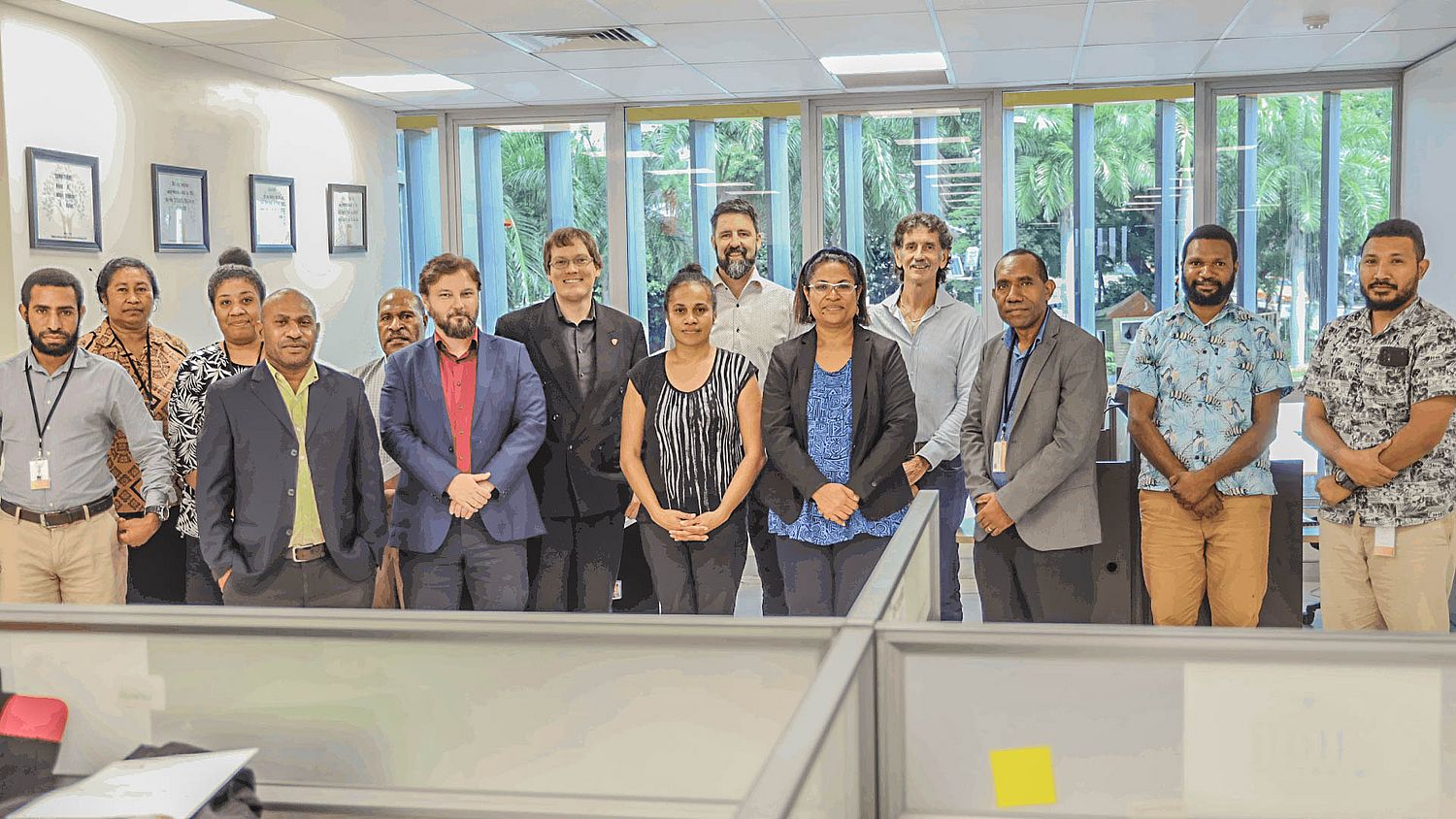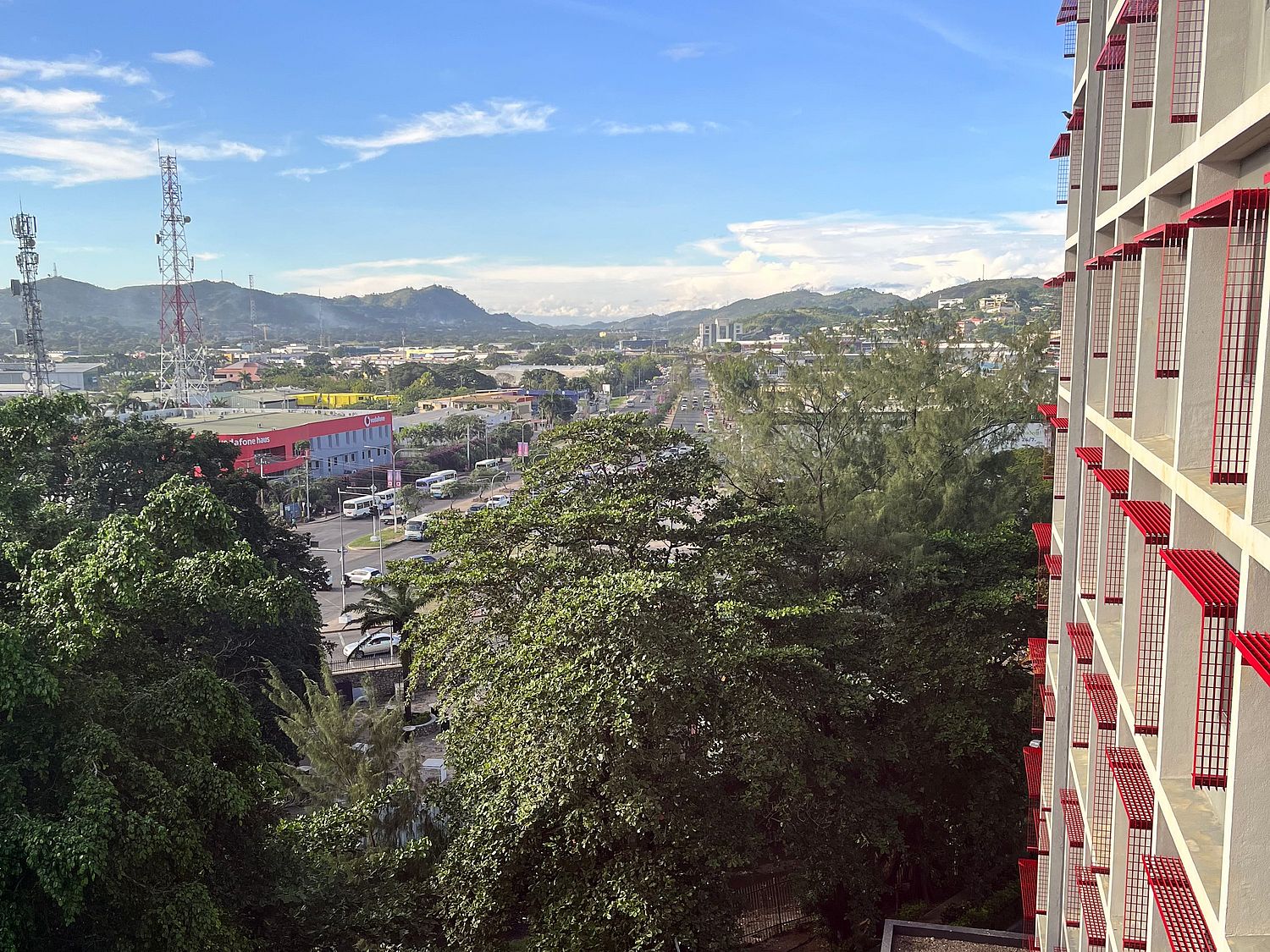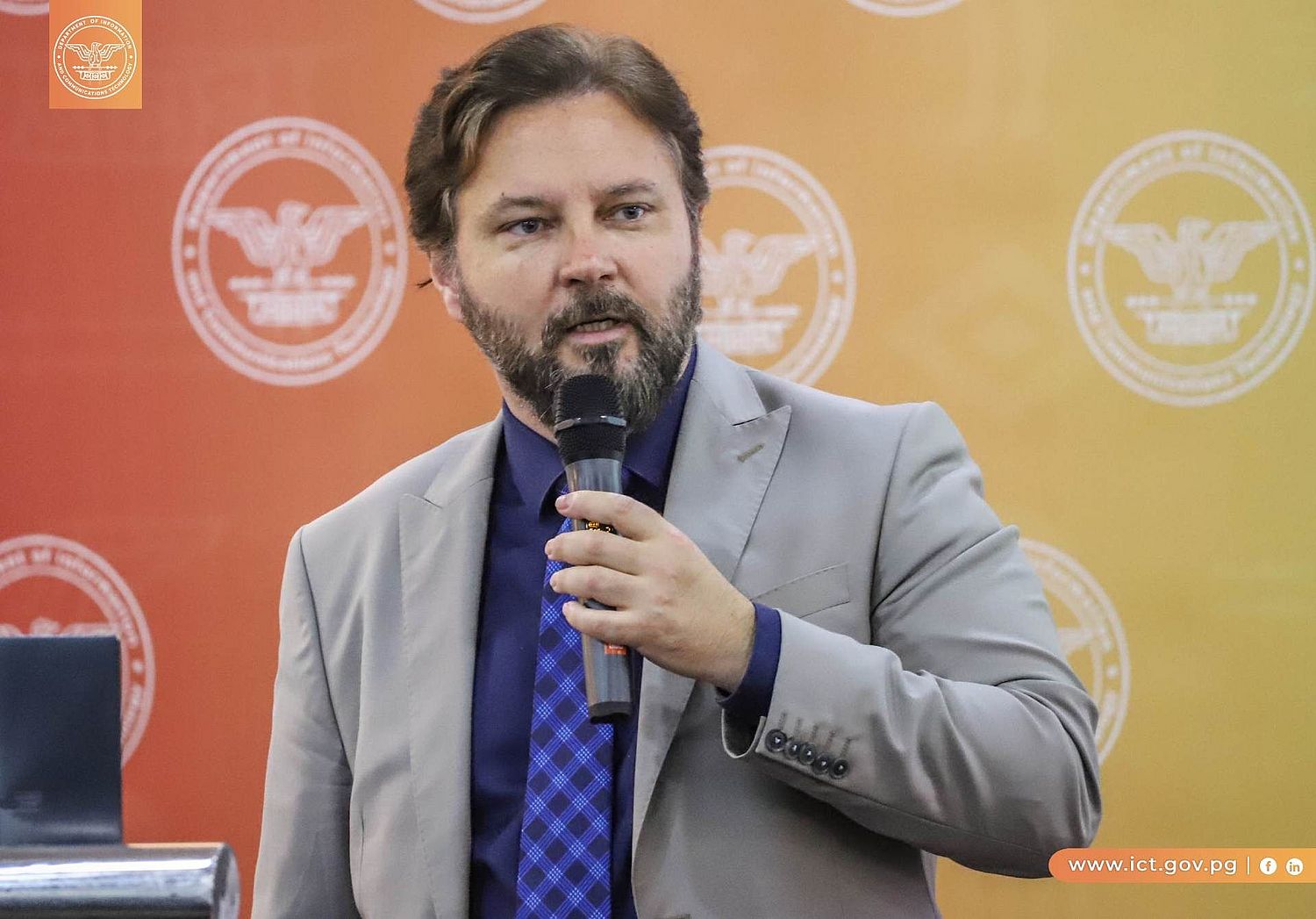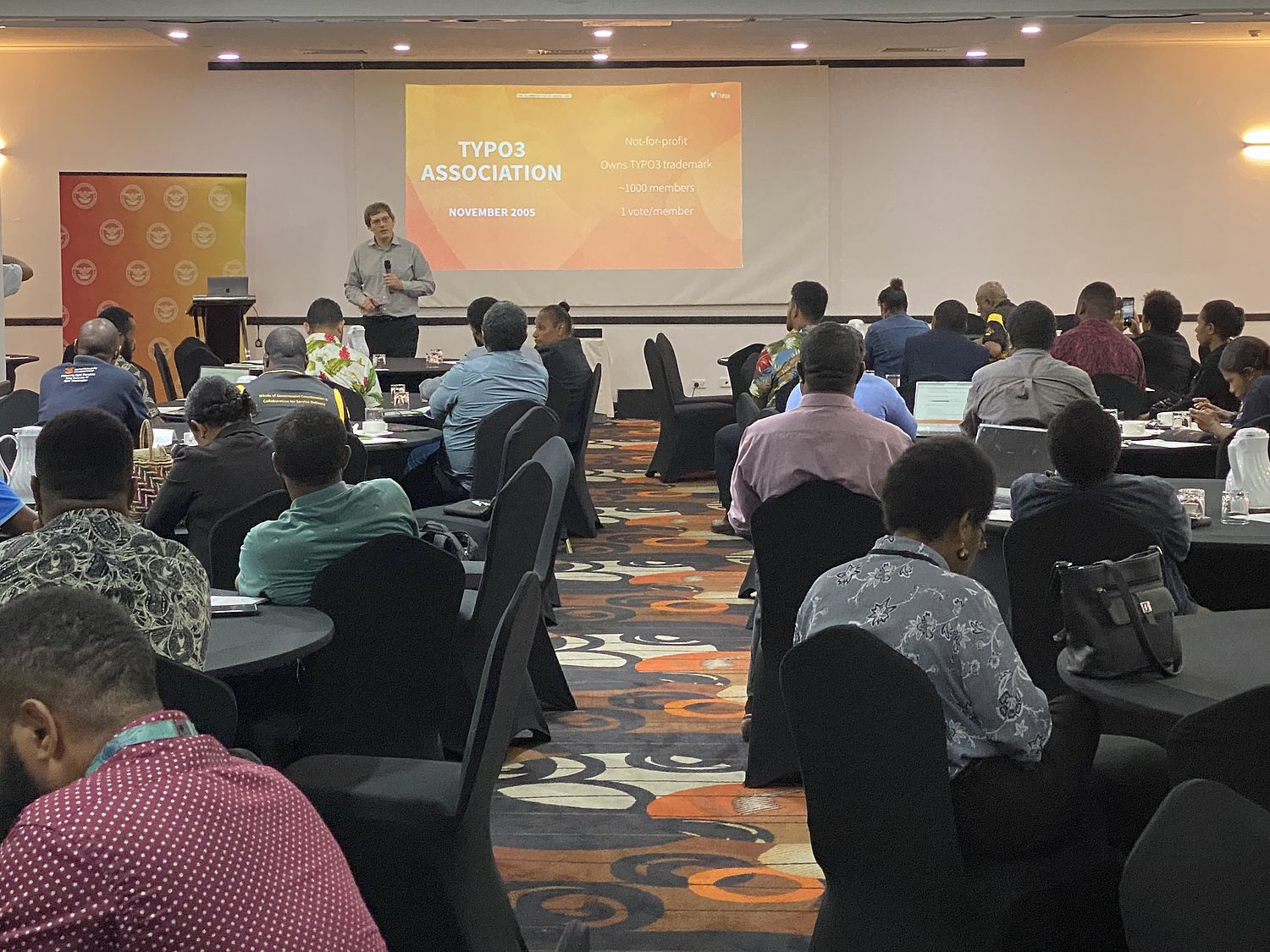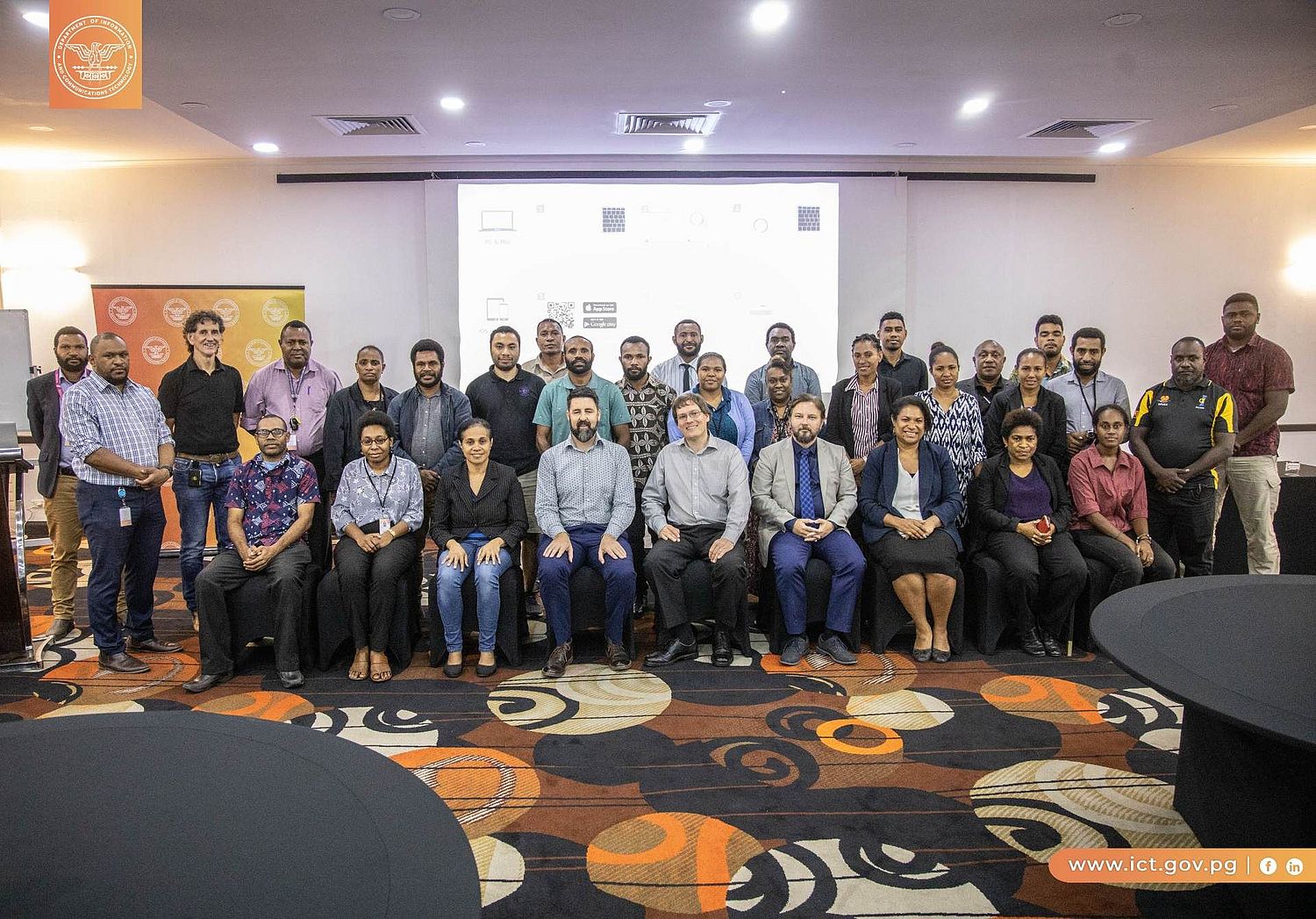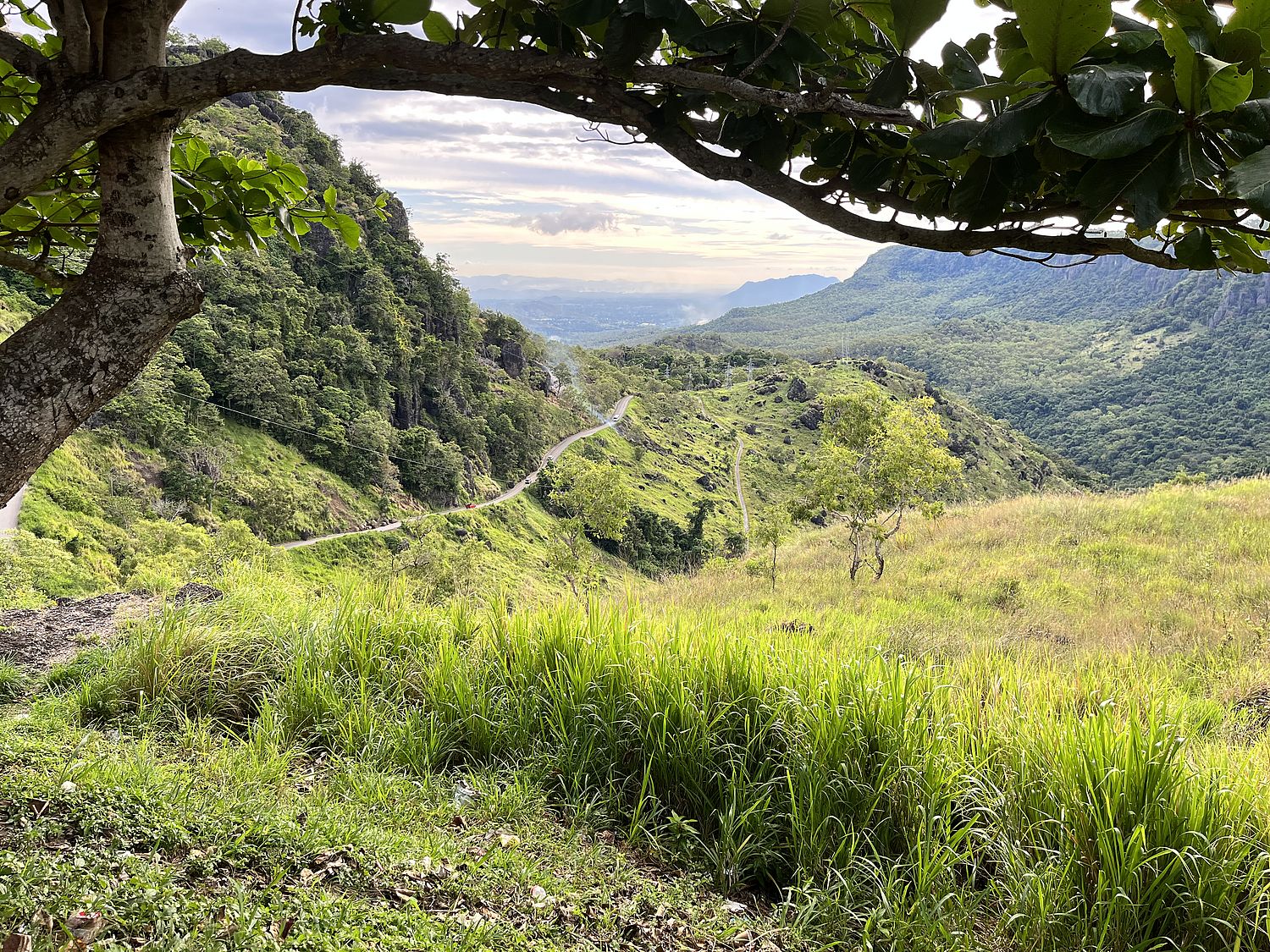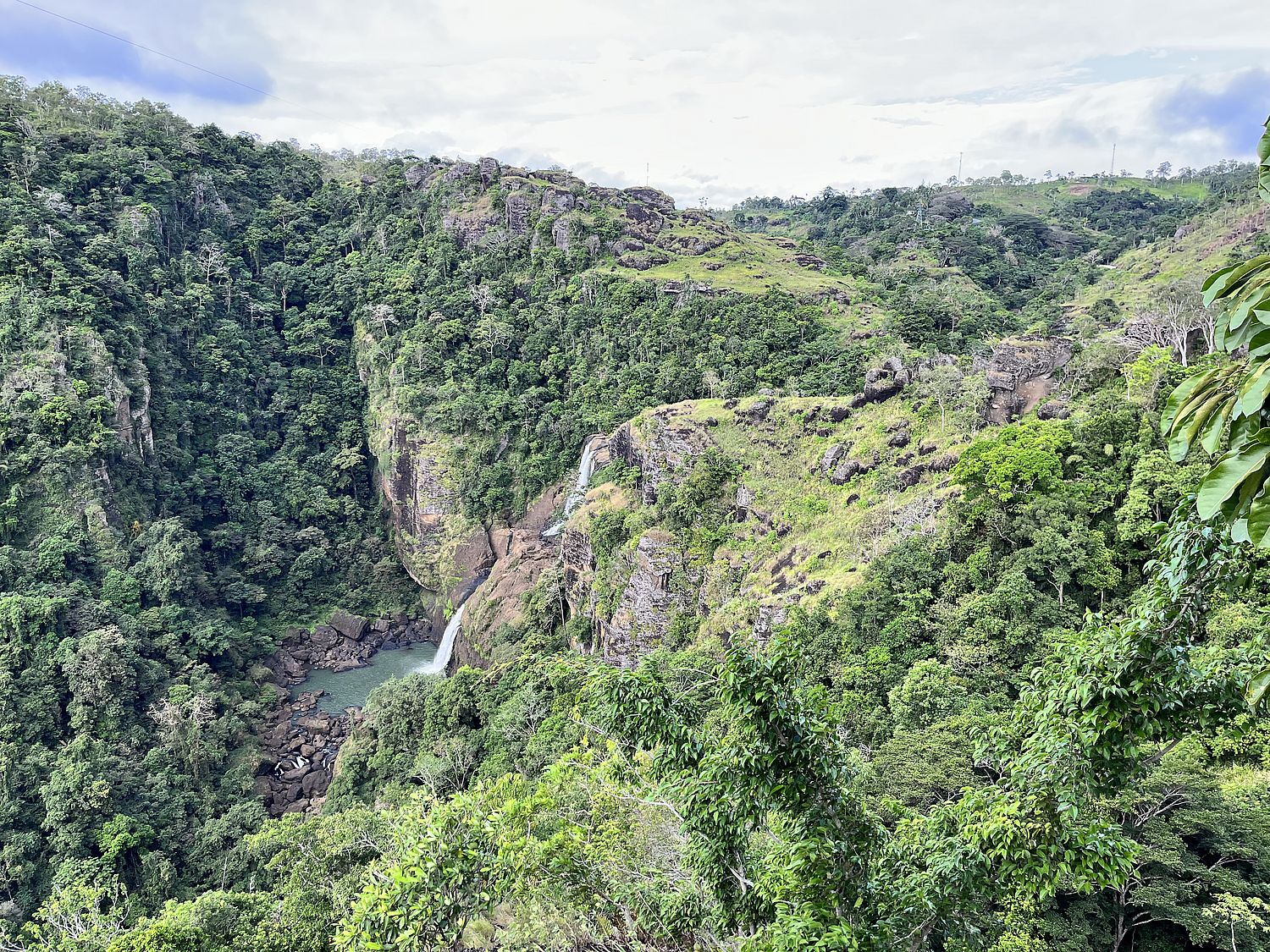TYPO3 Community Expansion Committee lead Daniel Homorodean from Arxia (Romania), TYPO3 Association Board member Mathias Bolt Lesniak from toujou (Norway/New Zealand), and Stevo O’Rourke from Ocular (New Zealand), visited Papua New Guinea 11–17 June 2023.
“Got visa!!!” The message pops up on my phone and a moment later I check my email. I've got one too.
The message from Stevo arrives ten minutes after I arrive in our shared hotel room by the airport in Brisbane, Australia. Stevo is due to board his flight in Wellington, New Zealand, and must have checked his mail one last time before turning his phone off.
It's cutting it fine. Receiving the visas for Papua New Guinea now is a great relief, as we won’t be able to board tomorrow's flight without them. It’s Saturday afternoon, so someone must have been brought in to organize them especially for us.

